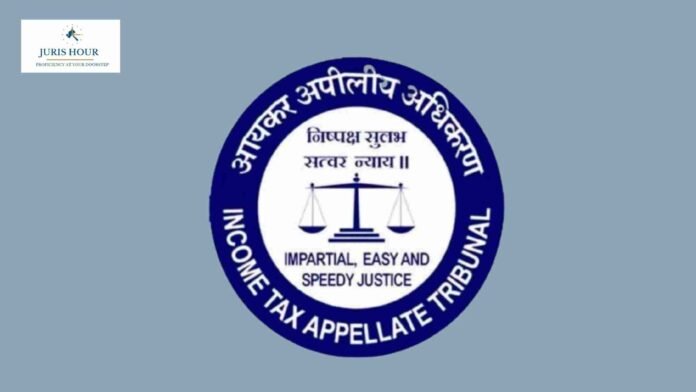The Bombay High Court has held that a subsequent ruling of a Supreme court cannot be a ground for rectification under Section 254(2) of the Income Tax Act, 1961.
The division bench of Justice B.P. Colabawalla and Justice Firdosh P. Pooniwalla delivered the verdict while allowing Writ Petition No.1489 of 2025 filed by a taxpayer challenging the ITAT’s order recalling its earlier decision in light of the Supreme Court’s ruling in Checkmate Services (P) Ltd. vs CIT (2022).
The decision effectively curtails the use of later judicial pronouncements to reopen concluded tax matters under the guise of “mistake apparent from the record.”
The petitioner had filed his income tax return for Assessment Year 2019–20 declaring an income of ₹1.19 crore. The Central Processing Centre (CPC) disallowed ₹57.92 lakh towards employees’ contributions to provident and superannuation funds that were deposited beyond the due date specified under Section 36(1)(va).
On appeal, the Commissioner of Income Tax (Appeals), Pune, sustained the disallowance by treating the 2021 amendment to Section 43B—adding Explanation 5—as retrospective. However, the ITAT, Pune Bench, in its order dated September 5, 2022, disagreed, holding that the amendment was prospective and relied on precedents such as CIT v. Ghatge Patil Transport Ltd. (Bombay HC) and Alom Extrusions Ltd. (SC).
Following this, the Revenue filed a Miscellaneous Application (MA No.225/Pune/2023) under Section 254(2), arguing that the ITAT’s earlier view was inconsistent with the Supreme Court’s later decision in Checkmate Services (2022). The ITAT accepted this contention, recalled its earlier order, and dismissed the taxpayer’s appeal.
The High Court found that the ITAT had erred in invoking Section 254(2) on the basis of a subsequent Supreme Court ruling.
Justice Pooniwalla, writing for the bench, observed that the power under Section 254(2) is akin to a review power under Order 47 Rule 1 of the Code of Civil Procedure (CPC)—which explicitly prohibits review merely because a superior court later modifies or reverses the legal position.
Citing the Supreme Court’s rulings in CIT v. Reliance Telecom Ltd. (2021), CIT v. Gracemac Corporation (2023), and Beghar Foundation v. Justice K.S. Puttaswamy (2021), the bench emphasized that, “A subsequent ruling of a court cannot be a ground for invoking Section 254(2) of the Income Tax Act. The ITAT can rectify only mistakes apparent from the record as on the date of its original order.”
The court noted that the ITAT’s reliance on Saurashtra Kutch Stock Exchange Ltd. (2008) was misplaced, since that precedent involved non-consideration of an existing binding judgment—not one delivered later.
The High Court quashed the ITAT’s order dated September 17, 2024, passed under Sections 254(1) and 254(2), and restored the tribunal’s original order of September 5, 2022.
The court clarified that while the decannot use Section 254(2) to reopen the case, it remains free to challenge the ITAT’s 2022 order before the High Court under Section 260A, if permissible in law.
Case Details
Case Title: Vaibhav Maruti Dombale Versus The Assistant Registrar
Case No.: Writ Petition No.1489 Of 2025
Date: 12th September, 2025
Counsel For Petitioner: Mr.Dharan Gandhi
Counsel For Respondent: Vikas Khanchandani, Advocate

